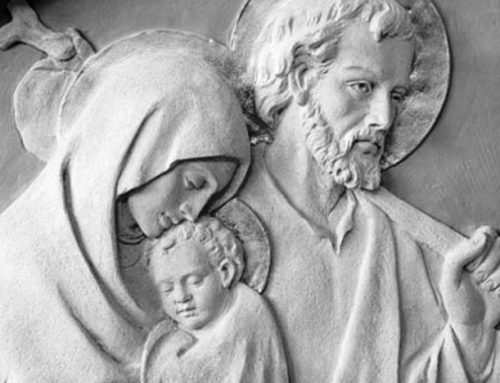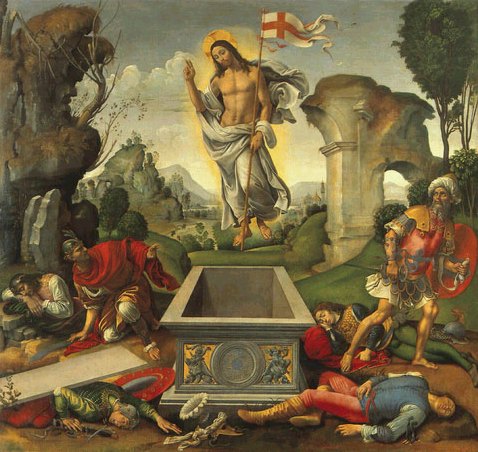The propaganda of Hindu extremist groups is intensifying. Their aim is to wipe out the country’s Christian and Muslim religious minorities
The propaganda of Hindu extremist groups is intensifying. Their aim is to wipe out the country’s Christian and Muslim religious minorities
“Attacking a church is not illegal and does not violate any law”. This provocative statement, which came from Munna Kumar Shukla, Secretary General of Hindu Mahasabha, a Hindu extremist party, aims to grab hold of the minds of young militants and promote an ideology of exclusion according to which India would ideally get rid of religious minorities. Of the 1,2 billion people that inhabit this vast South Asian country, 75% are Hindus, 13% are Muslim and around 4,5% are Christian (all denominations).
Above all though, it is an appeal that legitimizes the repeated attacks that have devastated Indian Christian communities over the past few months. In 2014, these communities suffered more than 7000 incidents of violence, according to a report by the Catholic Secular Forum.
And the Hindu leader went further: he asked the federal government to “provide legal protection to Hindus who attack churches”. The way he sees it, churches “are no longer places of worship but factories that convert Hindus to Christianity”.
Shukla added that his organisation will give “prizes and protection to young Hindus who attack churches and marry Muslim girls”. Even India’s Muslim architectural masterpiece, the Taj Mahal – a mausoleum commissioned in 1632 by the Mughal emperor Shah Jahan – “was in fact dedicated to [the Hindu] god Shiva and will soon be a Hindu temple again,” he remarked.
Shukla’s statements came after those made by the movement’s vide president, Deva Sadhvi Thakur, who in recent weeks called for “the mass sterilisation of Muslims and Christians so that they would not increase in number.”
Radical Hindu groups seem to have reared their head again after Narenda Modi – Baratiya Janata Party leader of the Baratiya Janata Party – came to power. This party’s fortune and its support base is built on its support for these kinds of movements.
It seems that Modi’s presence in federal government is fuelling the enthusiasm of extremist groups, who are aiming to expand grassroots militancy in Indian society, raising the bets. They are strengthened by a somewhat complacent political leadership: in recent months, political leaders have shown timidity or indifference toward a phenomenon – the abuse against religious minorities – which is causing concern and is tearing away at Indian society’s essentially pluralistic fabric.
While Prime Minister Modi – after a long silence – finally responded to the numerous attacks, all the damage and the desecration of churches (five incidents within the space of just a few months in the Indian capital Delhi, plus other incidents in the states of Telangana and Uttar Pradesh) by stating that his government “will not allow any religious group, belonging to majority or minority to incite hatred against others. We cannot accept violence against any religion”, other representatives did not appear that concerned: finance minister Arun Jatley, downplayed the recent attacks on Indian churches saying they were petty crimes.
But according to Christian leaders these were “targeted attacks”, as heads of Churches in Uttar Pradesh stated after the violence against the Catholic Church of St. Mary in Agra.
The Indian Catholic Bishops’ Conference called Munna Kumar Shukla’s statements “irresponsible”, voicing the sentiments of a Christian community that feels “shocked and hurt” at words that “aim to bring about an escalation”, prelates said at the end of a meeting of 40 cardinals and bishops in Bangalore.
Bishops were referring also to the statements made by Mohan Bhagwat, the extremist Hindu leader who is head of the Rashtriya Swayamsevak Sangh (national volunteer) organization, which recently discredited the work of Mother Teresa of Calcutta, accusing her of “proselytizing by serving the poor”.
Besides words – which are important insofar as they shape people’s mindsets and lead to certain actions – India’s Christians are continuing to proclaim the Gospel in order to restore complete dignity to every human being, in a society that is still marked by a caste system that legitimizes unsurmountable social distinctions on a religious level.
In this spirit, Patina’s Jesuits spent May 1st, the feast of St. Joseph the Worker, cleaning the toilets of the college and student residence, with the principal, Tomy Nishaant, and teachers leading the way. Their intention was to “place themselves in the shoes of the humble and deprived”, society’s outcasts who have been labelled the “untouchables”.







Leave A Comment
You must be logged in to post a comment.